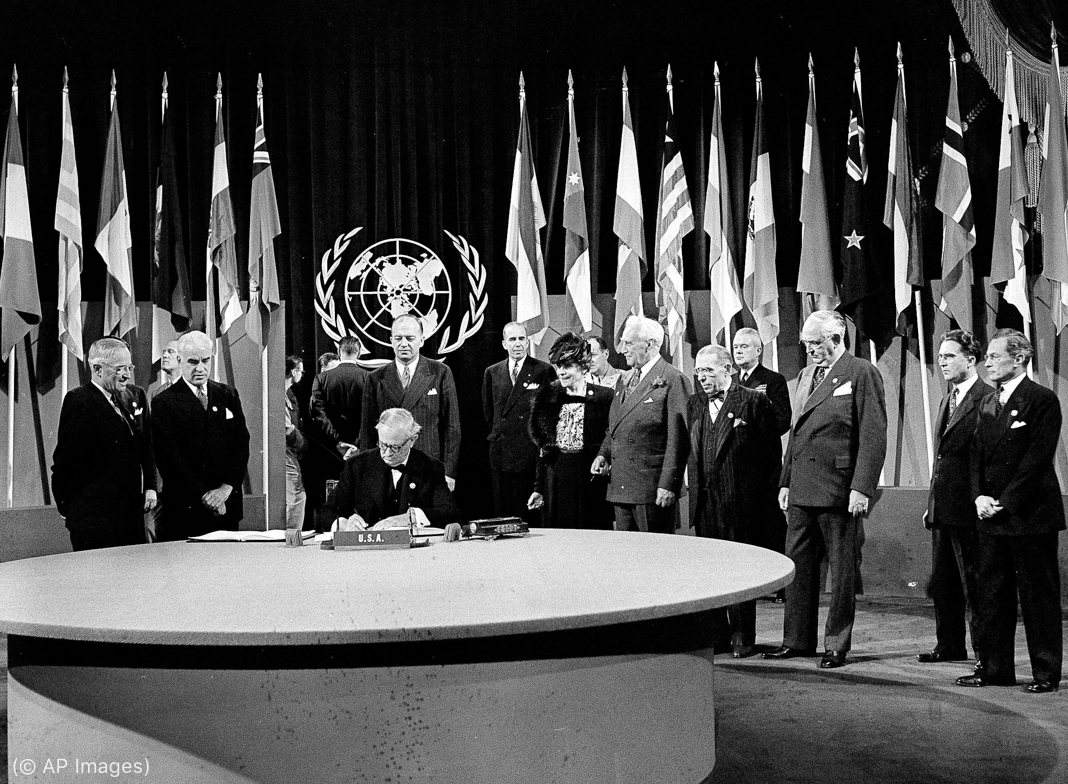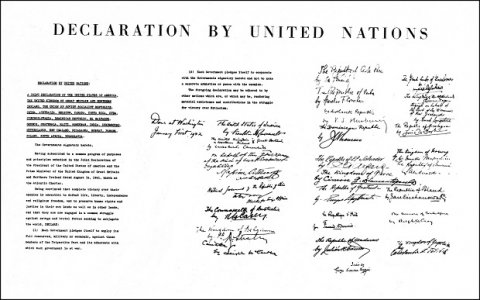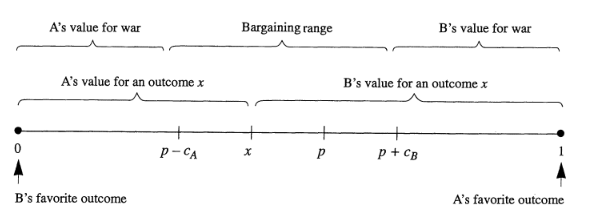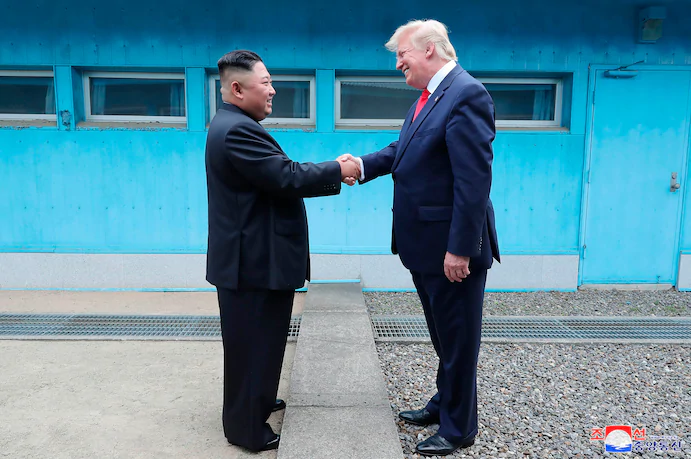
I'm done using the term "Consolidated Democracy"
Here's why.
[THREAD]
Here's why.
[THREAD]
To be clear, I have a vested interest in this term. It played a key role in research @jurpelai and I conducted on how International Organizations assist democracies. That research appeared in @World_Pol...
cambridge.org/core/journals/…
cambridge.org/core/journals/…
A key part of that research was looking at how @NATO assisted new democracies in Eastern Europe following the Cold War (see my paper with @AlexCecylia).
link.springer.com/article/10.105…
link.springer.com/article/10.105…
You know, in places like Hungary.
Um....okay...that's already not promising 😬
vox.com/policy-and-pol…
Um....okay...that's already not promising 😬
vox.com/policy-and-pol…
While I used the concept of "Consolidated Democracy" in that work, I've always been a little on the fence about the term.
What does the term mean? Well, two key works on the idea (and should be familiar to many students of democracy) are Adam Przeworski's 1991 book...
amazon.com/Democracy-Mark…
amazon.com/Democracy-Mark…
Fun fact: In the footnote, they acknowledge that the phrase "only game in town" was given to them by Giuseppe di palma 

So what does it mean for democracy to be "the only game in town"? Linz and Stepan elaborate in the next paragraph. The punchline is that it's really based on everyone behaving appropriately. 
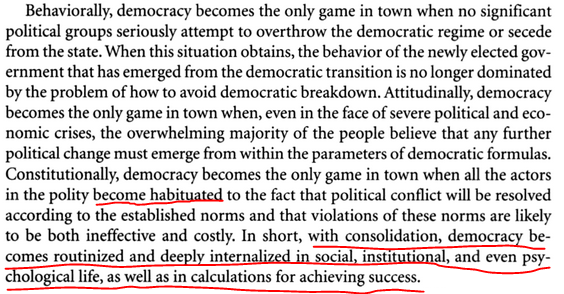
So when does a country reach this condition? This is where the work of Milan Svolik is really useful, especially his 2008 @apsrjournal paper
cambridge.org/core/journals/…
cambridge.org/core/journals/…
He points out that becoming "consolidated" is largely unobservable: there is no point where you can say, "yes, that democracy is fully consolidated because of X, Y, and Z!"
BUT it is fair to say that the longer a country has been a democracy, the more likely it is to have become "consolidated" 

Hence, older democracies are likely consolidated, or that the threat of "autocratic reversal" is virtually nil: 

Focusing on duration is a completely sensible assumption*: countries that have been a democracy for a long time are likely to exhibit and internalize the "things" that make democracy consolidated.
* that's why it was core to the analysis in my work with @jurpelai!
* that's why it was core to the analysis in my work with @jurpelai!
But I've always had a bit of unease about it. I mean, it's hard to be feel solid about a concept that is, by and large, unobservable 🤔
Such unease is not new and is not just from me. Consider the argument of Guillermo O’Donnell back in the 1990s
journalofdemocracy.org/articles/illus…
journalofdemocracy.org/articles/illus…
In the article, he writes: "I see little analytical gain in attaching the term “consolidated” to something that will probably though not certainly endure—`democracy' and `consolidation' are terms too polysemic to make a good pair."
In other words, the concepts are each too vague
In other words, the concepts are each too vague
Think about it another way: in the Svolik piece, one of the "consolidated democracy" examples is the United States.
Is the US consolidated? Umm...while they may not be using the word, a lot of folks are asking that question right now! 🚨🚨
businessinsider.com/trump-accused-…
Is the US consolidated? Umm...while they may not be using the word, a lot of folks are asking that question right now! 🚨🚨
businessinsider.com/trump-accused-…
Indeed, I'm seeing the phrases "attempted coup" and "autogolpe" being used quite a bit at the moment to describe Trump's actions.
newyorker.com/news/news-desk…
newyorker.com/news/news-desk…
But even if those don't come to pass right now, the fact that the idea is being bandied around leads one to wonder if democracy in the US is truly "the only game in town" (h/t @ProfSaunders & @henryfarrell)
https://twitter.com/mwmosser/status/1326308316209967104
Of course, we could further complicate using the term to describe the US by questioning how long the US has ACTUALLY been a functioning democracy (h/t @robmickey)
amazon.com/Paths-Dixie-De…
amazon.com/Paths-Dixie-De…
Oh, and I haven't even begun to raise questions about what we mean by (and measure) democracy itself (whether or not it is "consolidated")
https://twitter.com/benwansell/status/1229386394658836480
In sum, if "time as democracy" is our best indicator of being "consolidated", but one of our oldest democracy is in danger of experiencing elements of "autocratic reversal", then I'm not sure if "consolidated democracy" is a useful concept.
[END]
[END]
• • •
Missing some Tweet in this thread? You can try to
force a refresh


